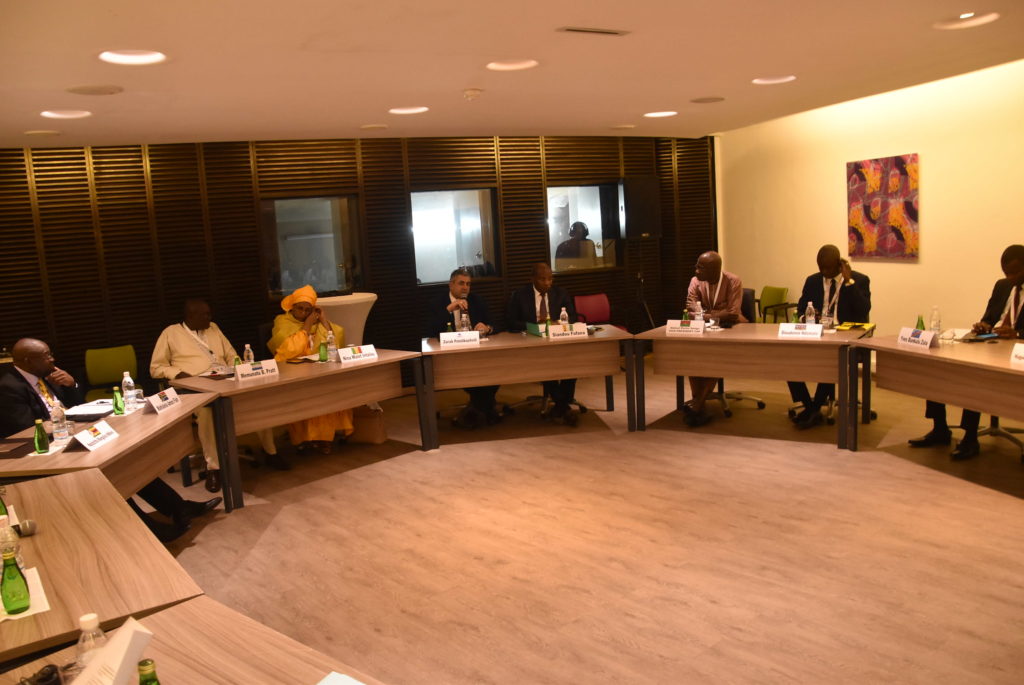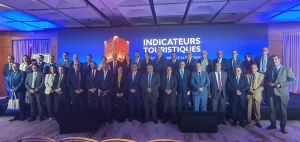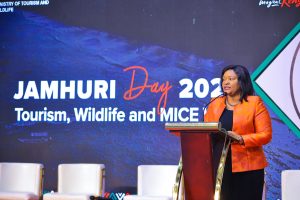The World Tourism Organisation(UNWTO) Ministerial Conference held on the margins of the Global Tourism Investment in Africa (20-22 February) has adopted series of resolutions which aims at developing tourism in the Africa region.
The Conference was chaired by Mr. Siandou FOFANA, Minister of Tourism and Leisure of the host country, Republic of Côte d’Ivoire.
Mr. Abdoul Karim SANGO, Vice-Chair of the Regional Commission for Africa, and Mr. Zurab Pololikashvili, Secretary-General of the World Tourism Organization were also present.
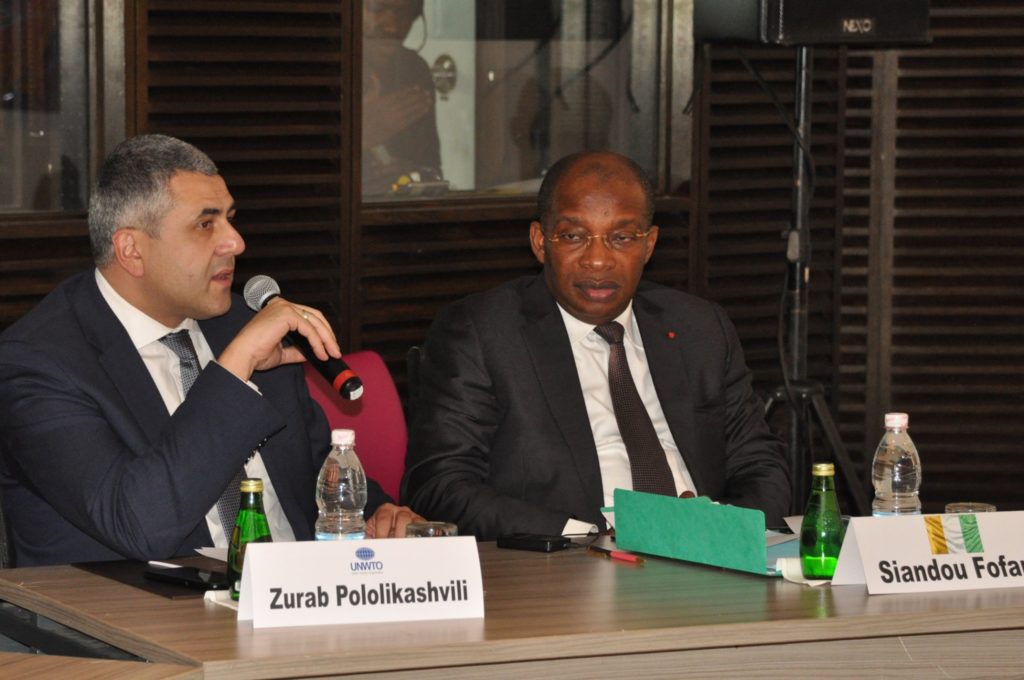
It brought together Tourism ministers from Mali, the Democratic Republic of Congo, Sierra Leone, The Gambia, Senegal, Burkina Faso, South Africa, the Central African Republic, and Gabon, with Zimbabwe and Zambia as observers.
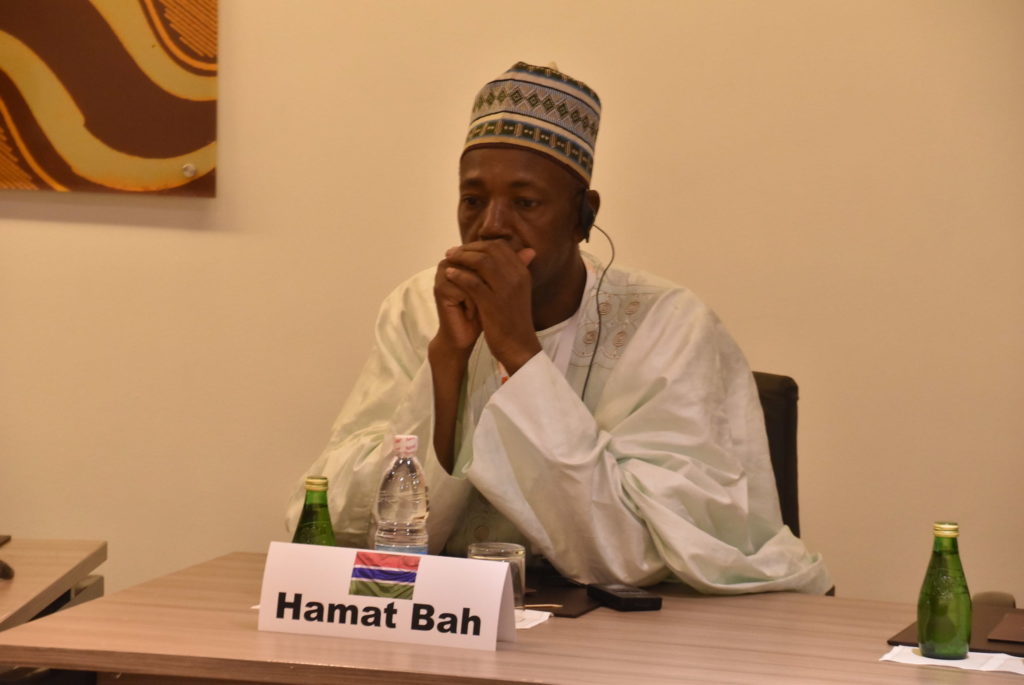
The objective of the ministerial conference was to identify measures to facilitate access to African destinations and to highlight the conditions needed for the proper control of threats in order to better attract and secure investments.
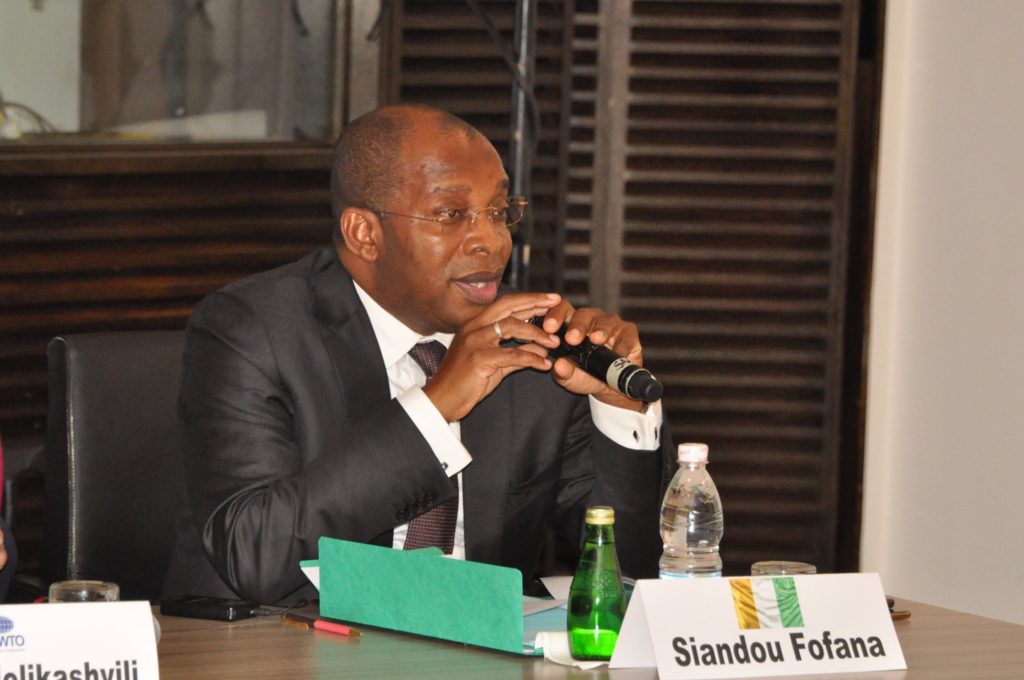
Below is the communique released after the meeting
UNWTO GLOBAL TOURISM INVESTMENT FORUM IN AFRICA
Sofitel Abidjan Hôtel Ivoire, Abidjan, Côte d’Ivoire, 20-22 February 2020
MINISTERIAL CONFERENCE- COMMUNIQUÉ
The Ministerial Conference on the theme “Fostering African Tourism through Investment”, organized in the framework of the 1st UNWTO Global Tourism Investment Forum in Africa, was held in the Abidjan Sofitel Hôtel Ivoire, on Thursday, 20 February 2020, from 4:10 p.m. to 5:40 p.m.
The Conference was chaired by Mr. Siandou FOFANA, Minister of Tourism and Leisure of the host country, Republic of Côte d’Ivoire, in the presence of Mr. Abdoul Karim SANGO, Vice-Chair of the Regional Commission for Africa, and Mr. Zurab Pololikashvili, Secretary-General of the World Tourism Organization. It brought together fellow ministers from Mali, the Democratic Republic of Congo, Sierra Leone, The Gambia, Senegal, Burkina Faso, South Africa, the Central African Republic, and Gabon, with Zimbabwe and Zambia as observers.
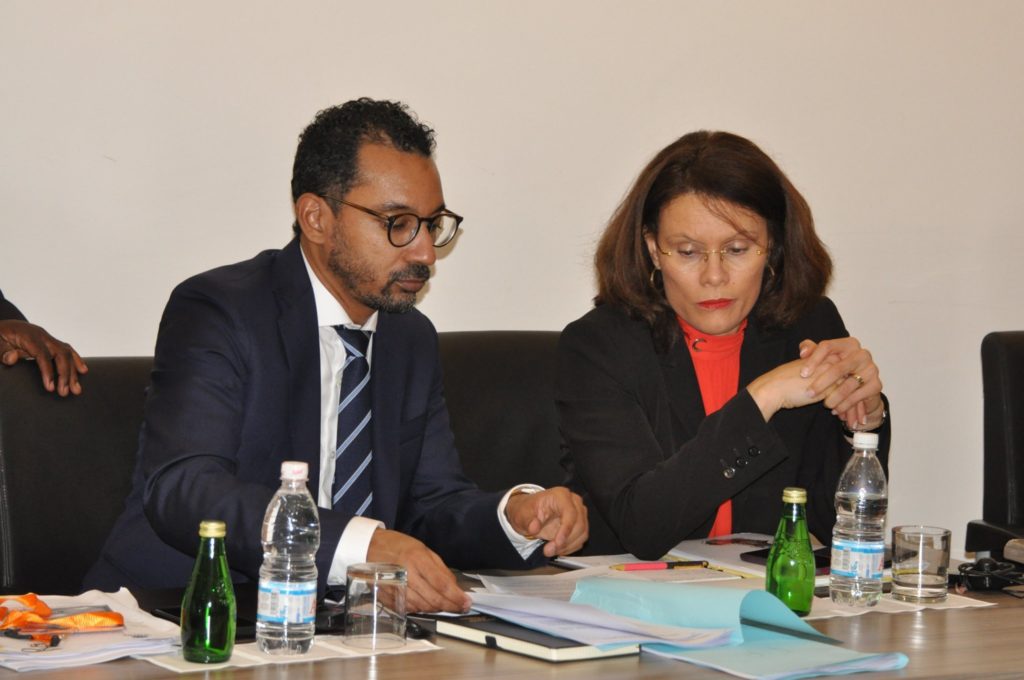
The discussions were cordial and productive.
The general objective of the ministerial conference was to identify measures to facilitate access to African destinations and to highlight the conditions needed for the proper control of threats in order to better attract and secure investments.
The Ministers discussed:
– connectivity issues in air transport;
– difficulties in obtaining visas for tourists in most of the States;
– the high cost of African destinations;
– the containment of threats affecting source markets and investments;
– communication in times of crisis;
– improving the image of Africa in the media;
– the creation of a Community Fund for Tourism and Hotel Investment and Development, as well as in the programmes of sessions of community organizations.
During the Ministerial Conference, the following resolutions were adopted:
Regarding measures to facilitate access to African countries;
Recommendations:
• Promote cooperation among transport authorities, tourism authorities and other ministries with related responsibilities, including finance, economic planning, energy, environment and trade, and the compatibility of the decisions they take;
• Carry out a destination management strategy based on a combination of products, through good integration of tourism and travel, aviation and other service sectors and basic products, so as to break the vicious cycle of economic and logistical constraints and to favour structural transformation;
• Institutionalize, at the state level, the Single African Air Transport Market (SAATM), by establishing the legal and regulatory framework necessary at the national level to allow its full establishment;
• Formulate a marketing and promotion strategy supporting the development of tourism products as well as air transport services and highlight the uniqueness of Africa compared to the rest of the world;
• Adopt solutions for opening up visa regimes as part of policy reforms for the free movement of people in Africa, making maximum use of information and communication technologies to improve visa issuance procedures;
• Share and exchange knowledge, experiences and best practices using suitable data and statistics, including among themselves (South-South cooperation), in order to benefit from experiences in the region;
• Take practical measures to create a transparent, stable and predictable investment climate to support the development of high-quality aviation and tourism infrastructure;
• Provide the necessary incentives, environment and support to the private sector for its effective participation in the development of tourism and aviation in Africa.
Regarding security and investment in tourism
Recommendations:
• Consider tourism security as an area of excellence and as a decisive choice criterion for travellers and also as a source of employment for host countries, thus contributing to the objective of enhancing human development;
• Establish a reference system compiling good practices and the best responses and offer it to member states, affiliate members and African partners faced with or wishing to forestall the risks and threats to which their guests and customers, their staff, their structures and infrastructures and their activities are exposed;
• Call upon decision makers to carry out appropriate responses, in the form of information, planning,
organization, specialized experts, dedicated tools, processes and/or ad hoc operations, to address risks and threats, whether natural, health, transport, social, criminal, or industrial, which all travellers face;
• Encourage decision makers to consider crisis communication as an essential element of an good crisis management system, as it helps limit the negative impacts of crises by responding in an effective, timely and responsible manner to the information needs of all stakeholders of the sector;
• Encourage member states, national tourism organizations, destination management organizations and private sector entities in the travel and tourism sector to use the Toolbox for Crisis Communications in Tourism and use it as a practical guide to effectively meet the challenges caused by crises;
• Highlight the importance of having detailed protocols, checklists, standard templates categorized by type of crisis and by media category, guidelines for measuring effectiveness, best practices and knowing how to use social media in times of crisis;
• Encourage the establishment of a tourism security chain (from arrival to the territory until departure, from the alert after the incident until the return to normality);
• Promote the participation of tourism populations in local plans (business continuity, security, crisis management, evacuation, etc.);
• Establish a territorial network (strategic sites: notable, natural and historical sites);
• Carry out sectoral organization (hotels, restaurants, airports, stations, ports, fairs and trade shows, stadiums and theatres);
• Promote the deployment and visibility throughout the territory of an agency dedicated to attending to foreigners through the establishment of a tourism police;
• Encourage an active relationship with the generating countries (law enforcement, foreign affairs) in order to utilize georeferenced, relevant and regularly updated information, ensuring that the corresponding publication interfaces are explained to users in order to facilitate the dissemination of information, thus acquiring an increasingly important role in the issuance of travel advisories;
• Take urgent legal, technical and financial measures for the creation of a community fund to support investment and the development of tourism in Africa.


